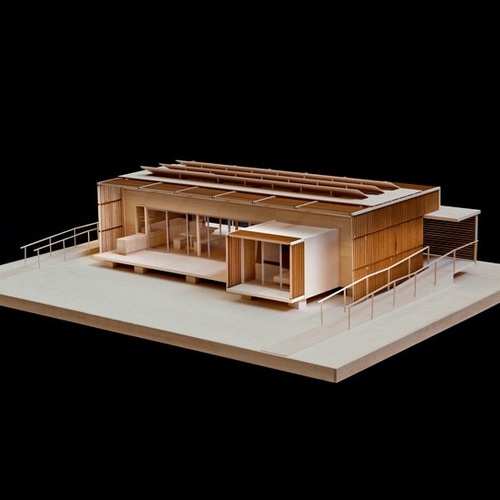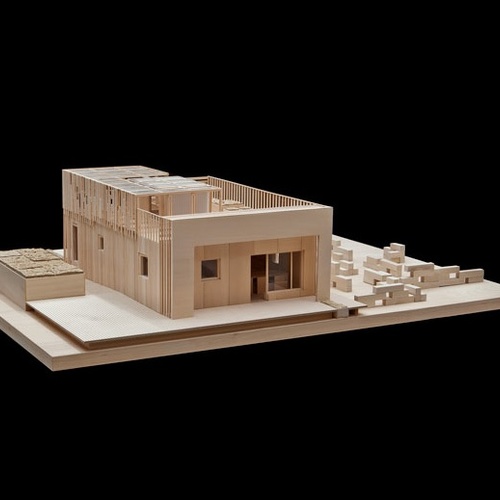2011 Solar Decathlon
-
Solar Decathlon 2011: Team China’s Y Container
Students and faculty at Tongji University give used shipping containers new life as adaptable, low-cost, and easily transportable living modules
-
Solar Decathlon 2011: Team Florida’s FLeX House
An affordable, portable, and especially comfortable solar-powered home for Florida’s tropical climate
-
Solar Decathlon 2011: Team Massachusetts’ 4D Home
With a nod to the architectural vernacular of rural New England, this house features Passivhaus design and moveable partitions that can alter the layout to meet its occupants’ changing needs
-
Solar Decathlon 2011: Team Belgium’s DIY E-Cube
Affordability and simplicity were among Ghent University’s top priorities in the development of this kit home, designed to be easily shipped, expanded, and upgraded
-
Solar Decathlon 2011: California Outsulation
Southern California Institute of Architecture and California Institute of Technology design an 800-sq.-ft. house which performs well in both East Coast and West Coast climates
-
Solar Decathlon 2011: Purdue University’s INhome
A SIP shell, an 8-kW photovoltaic array, and traditional styling that would please most homeowners in the Midwest
-
Solar Decathlon 2011: Parsons and Stevens Institute Team Up
Using Passivhaus modeling software and feedback from residents of the Deanwood neighborhood of Washington, DC, to design a house destined for an urban lot
-
Solar Decathlon 2011: A Refined Design from Ohio State
The performance of this efficient house depends not just on solar technology, but on strategic shading and a superinsulated airtight envelope
-
Solar Decathlon 2011: A Flat-Roofed House from Florida International
This pavilion-like home is designed to make the most of South Florida’s climate – and protect its occupants when the weather gets stormy
-
Solar Decathlon 2011: New Zealand Vacation Cabins Inspire Designers
This green-building interpretation of the ‘Kiwi bach’ uses local wood species to achieve comfort and energy efficiency









